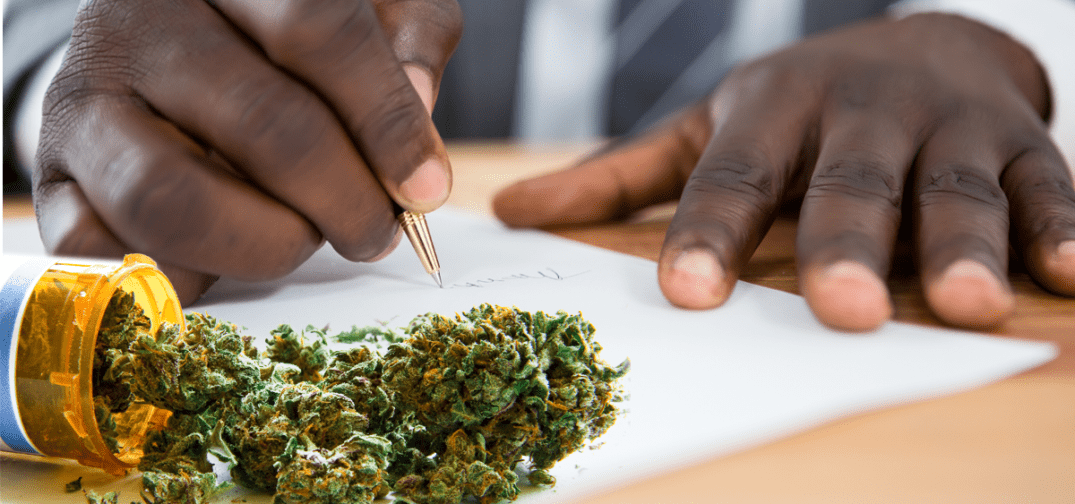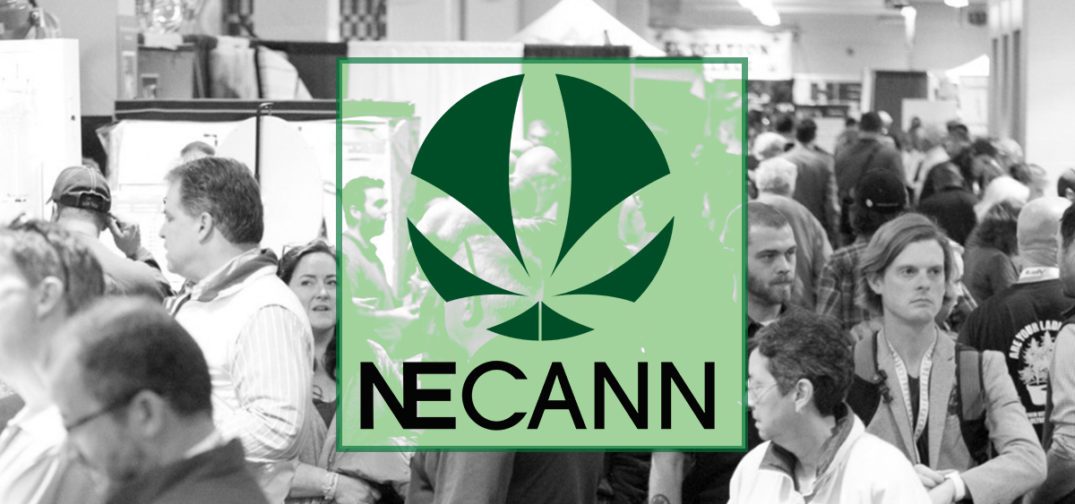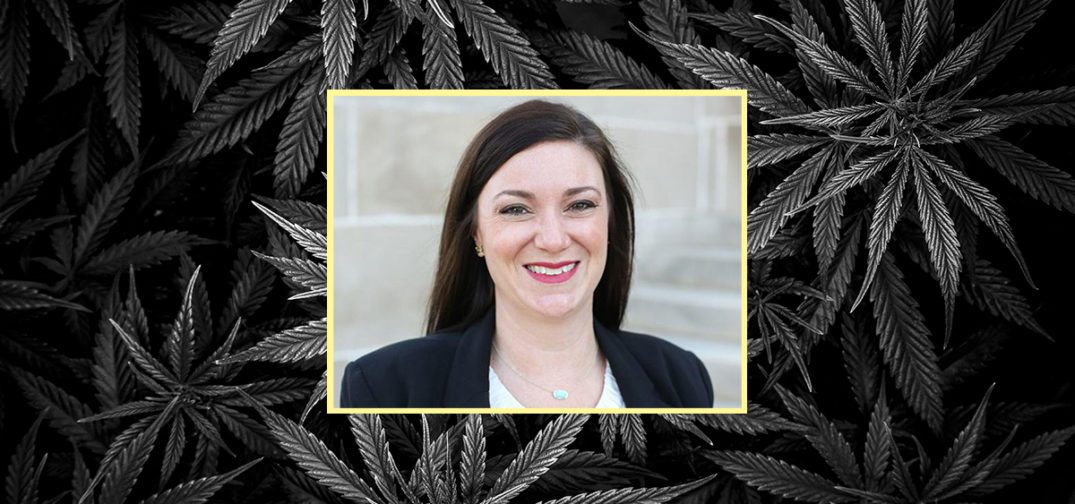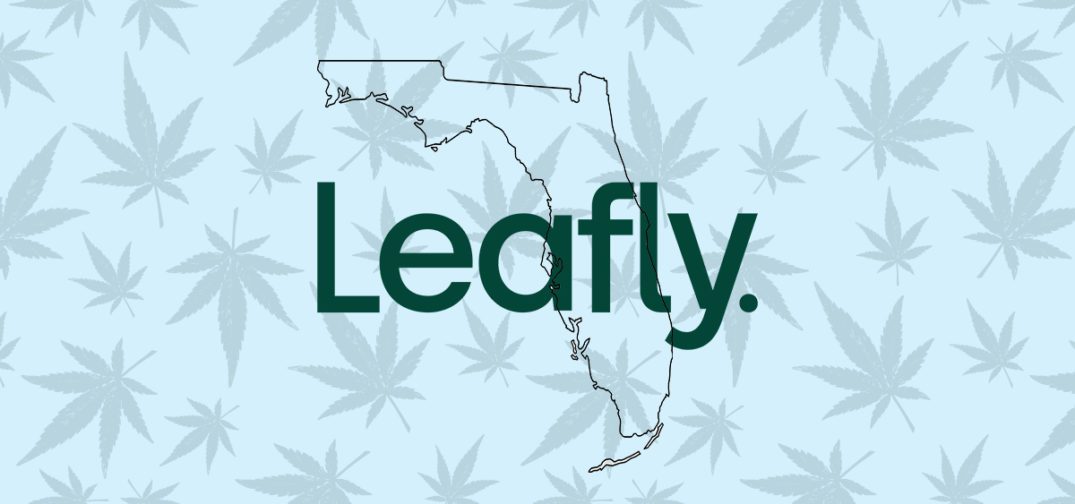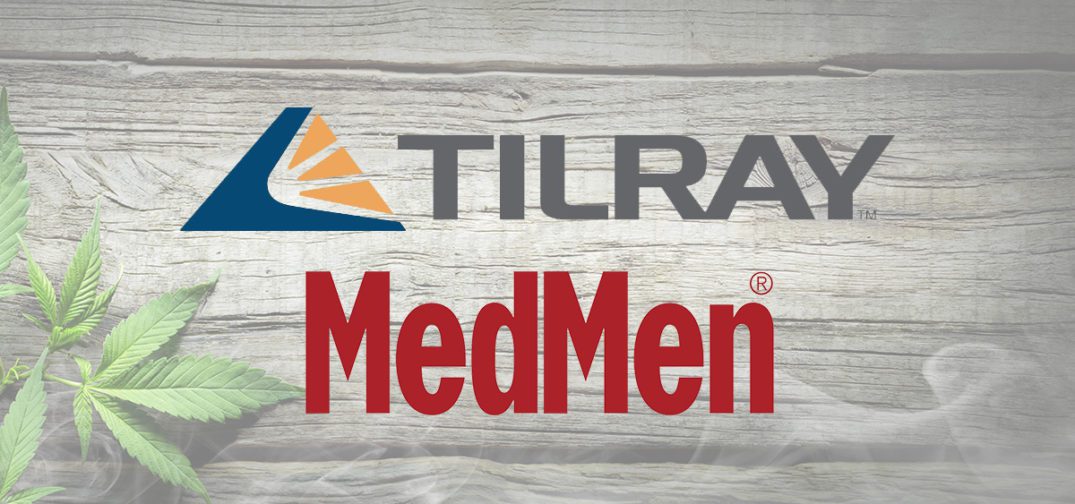This article was written by Gaspard Le Dem (@GLD_Live on Twitter) and originally published by Outlaw Report.
Consuming cannabis may now be legal in Virginia, but getting caught with pot behind the wheel can still get you in trouble.
Under the commonwealth’s new laws, which went into effect on July 1, having an open container of cannabis in your car is considered a Class 4 misdemeanor. That’s Virginia’s lowest-level criminal offense, meaning you won’t get jail time, but you could receive a penalty of up to $250.
And here’s where things get tricky: An open container gives a judge “permissive inference”—the right to assume that you’ve consumed cannabis. That could lead to far more serious charges, such as driving under the influence.
But one Virginia couple from Suffolk wants to protect drivers from open container violations.
Sarah Morton and her husband, Ron, recently launched LOCKGREEN, a Black-owned company that sells cannabis “stashboxes” designed to prevent drivers from getting open container charges. Roughly the size of a lunchbox, the containers are equipped with a 3-digit locking mechanism, and are carbon-lined to prevent any cannabis odors from seeping out, according to the company’s website.
“Our mission is to educate people about the law and provide these stashboxes as a way to help them stay compliant with the law, and stay out of trouble,” Morton told The Outlaw Report.
A former consultant turned entrepreneur, Morton says she’s long been a cannabis advocate. Since 2017, she’s sat on the board for the Virginia chapter of the National Organization for the Reform of Marijuana Laws (NORML). In the lead-up to July 1, Morton participated in many forums on legalization and organized educational events in her Hampton Roads community on Virginia’s new laws. She said she hopes the stashboxes can help pot users avoid unnecessary interactions with law enforcement.
“We know that the Black community has been so disproportionately affected by the War On Drugs,” she said. “If there’s any way we can stop these violations, we’re going to do it,” she continued.
Before moving to Virginia, Morton’s husband worked in the cannabis industry in Maryland and Colorado. He’s now pursuing a degree in Medical Cannabis Science and Therapeutics at the University of Maryland’s School of Pharmacy, the nation’s first graduate program dedicated to studying medical pot.
Virginia code defines an open container as “any vessel containing marijuana or marijuana products, except the originally sealed manufacturer’s container.”
Whether or not a lockbox fits that definition is unclear. In general, experts agree it’s safer not to travel with cannabis in your car. But if you need to, NORML recommends keeping cannabis in a locked box or in your car’s trunk.
At around $50 a piece, LOCKGREEN stashboxes are now available for pre-order on the company’s website. Morton said she hopes to start shipping them by late August, though the pandemic could lead to manufacturing delays. She and her husband designed the stashboxes themselves, including the print on the front, a commemoration of legalization in the commonwealth.
“We went through so many different prototypes and different designs,” she said. “There was a lot of research, love, and intention that went into it.”
End




